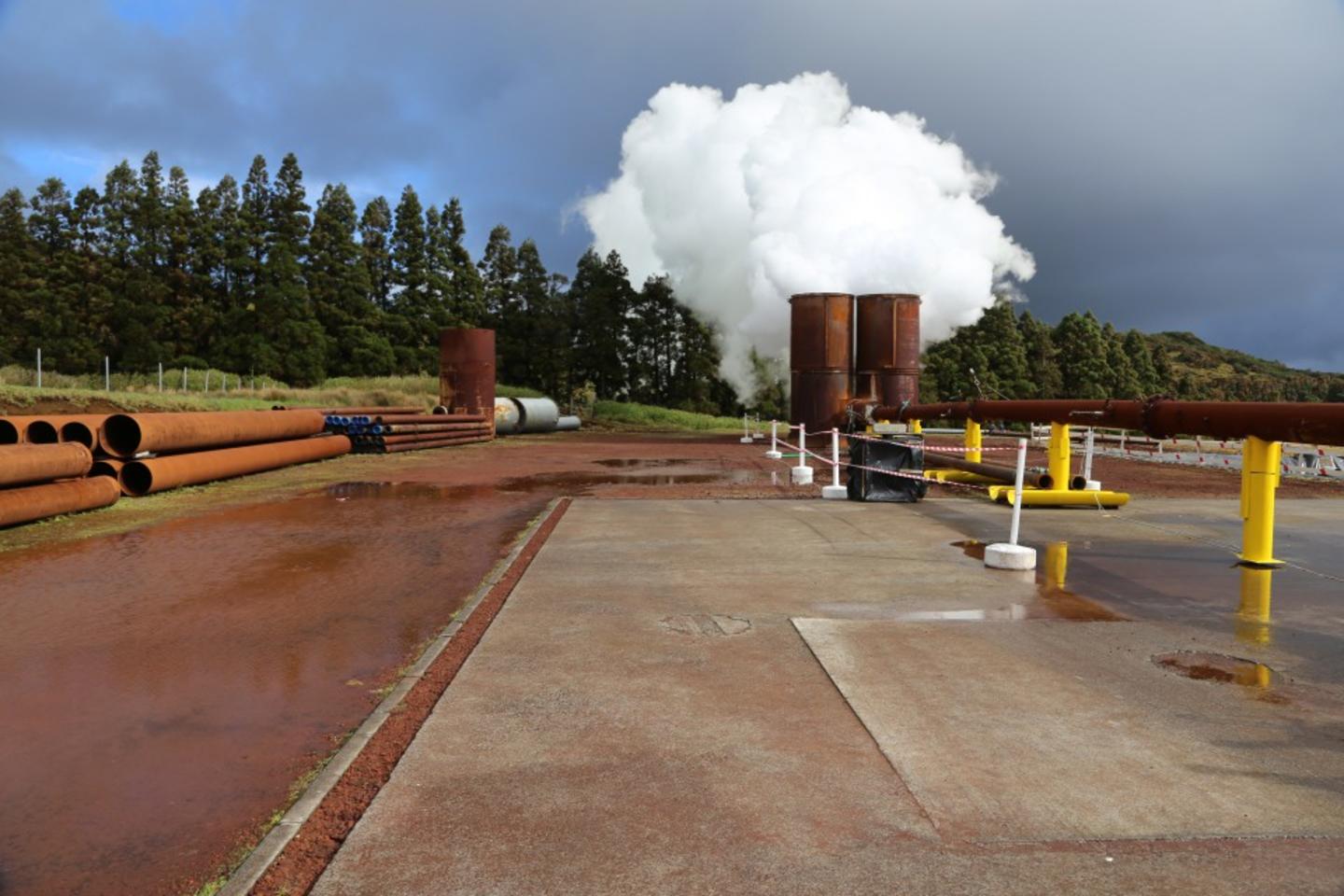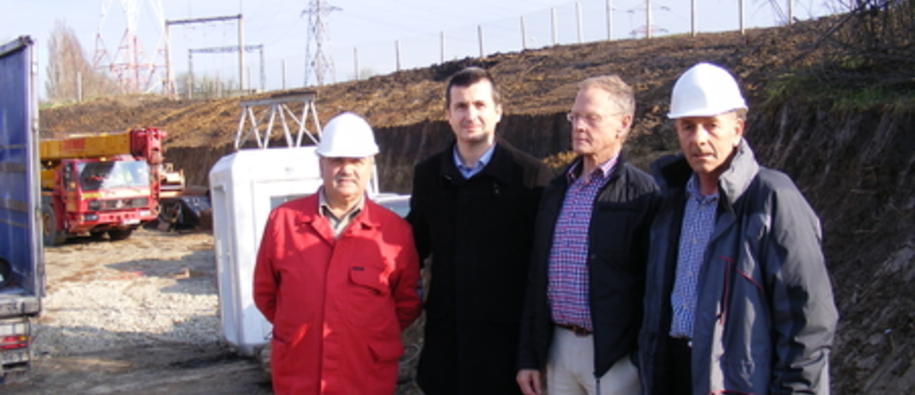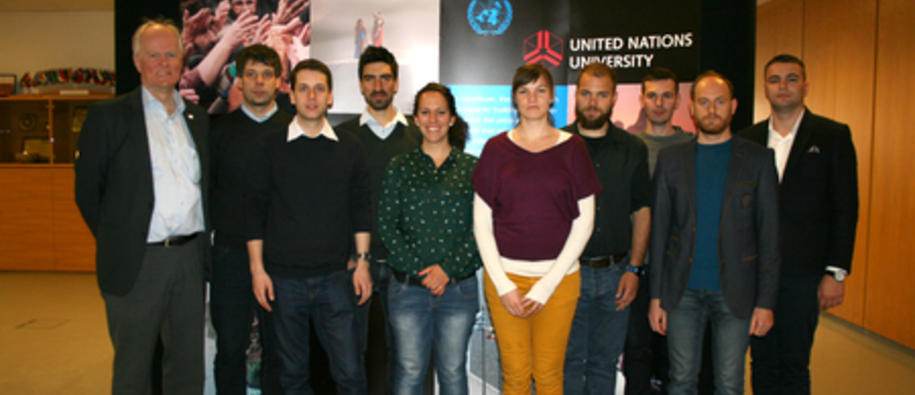Strengthening the political, economic and cultural ties between Iceland, Liechtenstein and Norway, and each of the 16 beneficiary countries, is a key objective of the EEA and Norway Grants. Cooperation between people and institutions at administrative and political levels and in the private sector, academia and civil society is a prerequisite for strengthened bilateral relations. Such cooperation is facilitated and supported at all levels.
In the context of the EEA and Norway Grants, strengthened bilateral relations is defined as:
“Cooperation, joint results and increased mutual knowledge and understanding between donor and beneficiary states as a function of the EEA and Norway Grants.”
This article takes a look at some of the achievements in strengthening the bilateral relations between the beneficiary countries and Iceland in the context of the EEA Grants.
By sharing their unique know-how in the use of geothermal energy, Icelandic authorities are helping to increase the use of renewable energy across Europe. Non-governmental organisations (NGOs) contribute to capacity building by sharing best practice. Creativity and innovation is supported through staff and student exchanges involving various artistic, educational and research establishments.
What has been achieved?
Two Icelandic entities are involved as donor programme partners in the areas of renewable energy, scholarships and research. Icelandic partners are engaged in formal project cooperation in more than 270 projects.
Sharing expertise
Iceland is a world leader in the use of geothermal energy – a form of heat accessible from below the Earth’s surface. It is used to heat about nine out of ten households in Iceland. With more than 40 years of experience in utilising, extracting and developing this sort of energy, and with several high profile companies with expertise in this field, Iceland has put geothermal energy in the forefront of its cooperation with the beneficiary countries.
The National Energy Authority of Iceland is involved as donor programme partner in programmes in Portugal, Romania and Hungary.
“Considering global warming, all countries need to increase their use of renewable energy sources. In Iceland, we have a unique knowledge of the utilisation of geothermal energy. If we can help to make other countries see this potential, it will be an achievement for us,” said Jonas Ketilsson, Deputy Director General in the National Energy Authority of Iceland.
When geothermal energy replaces fossil fuels it reduces emissions, increases energy security by shifting to local resources and prices remain stable, giving a long term benefit to consumers.
“The share of the energy bill for a family with two children living in a 100 square meter apartment relative to income is ten times higher in Romania than in Iceland after taking into account heat demand difference. This is why geothermal-based district heating can reduce economic disparities as it brings down the cost of heating in countries like Romania,” said Ketilsson.
The Icelandic partners are sharing their experience and knowledge, but Ketilsson underlines that they also gain knowledge and increased understanding of their partner countries.


